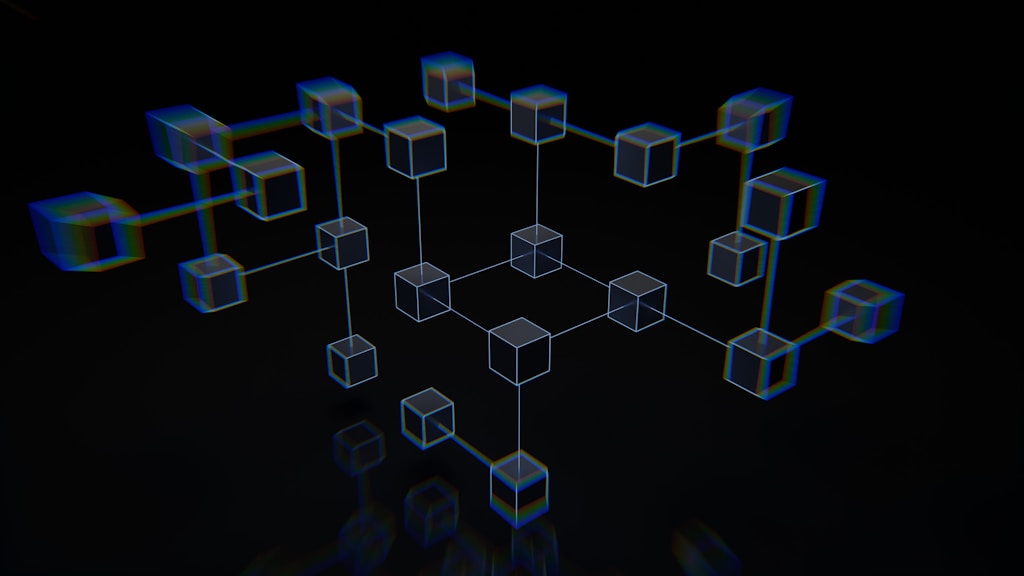Key Takeaways:
- Strategic partnership announced between Fetch.ai and Solidus AI Tech
- ASI: One LLM model now available on AITECH AI Marketplace
- Expansion of decentralized AI infrastructure access
In a significant development for the decentralized AI sector, Solidus AI Tech has announced a strategic partnership with Fetch.ai, marking a major milestone in the expansion of intelligent agent infrastructure. This collaboration, revealed on June 4, 2025, in Dubai, represents a crucial step forward in democratizing access to advanced AI technologies within the blockchain space.
The partnership comes at a time when AI crypto projects are experiencing significant growth, highlighting the increasing convergence of artificial intelligence and blockchain technology.
Partnership Details and Implementation
The cornerstone of this collaboration is the integration of Fetch.ai’s proprietary ASI: One LLM model into the AITECH AI Marketplace. This integration will provide developers with enhanced access to sophisticated AI tools and infrastructure, enabling the creation of more advanced decentralized applications.
SPONSORED
Trade AI tokens with up to 100x leverage and maximize your potential returns
Impact on the AI and Blockchain Ecosystem
This strategic alliance is expected to accelerate the adoption of AI technologies within the blockchain space, providing developers with:
- Enhanced access to advanced AI models
- Improved infrastructure for building AI-powered applications
- Greater scalability options for decentralized AI solutions
Frequently Asked Questions
What is the AITECH AI Marketplace?
The AITECH AI Marketplace is a platform that provides developers with access to various AI models and tools for building decentralized applications.
How will this partnership benefit developers?
Developers will gain access to Fetch.ai’s ASI: One LLM model, enabling them to create more sophisticated AI-powered applications with enhanced capabilities.
What makes this partnership significant for the blockchain industry?
This collaboration represents a major step forward in combining AI capabilities with blockchain technology, potentially leading to more advanced and efficient decentralized solutions.
Looking Ahead
As the partnership between Solidus AI Tech and Fetch.ai continues to develop, we can expect to see increased innovation in the decentralized AI space. This collaboration could potentially set new standards for AI integration within blockchain applications and drive further adoption of these technologies.

